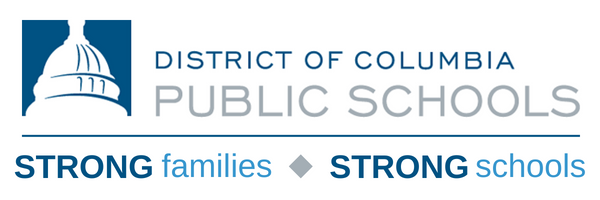Mental Health & Wellness
DC Public Schools is proud to offer students and families resources and tools to promote mental health and wellness. The DCPS School Mental Health (SMH) Team supports more than 250 school-based psychologists and social workers who provide supportive and therapeutic services to students and families who need assistance for any reason, from gaining access to practical resources to handling life-altering events.
Our goal is to ensure that schools have the necessary supports to address the needs of the whole child and create an environment where students come to school and are ready to learn.
Visit dcpsmentalhealth.org for mental health resources for students and families.


